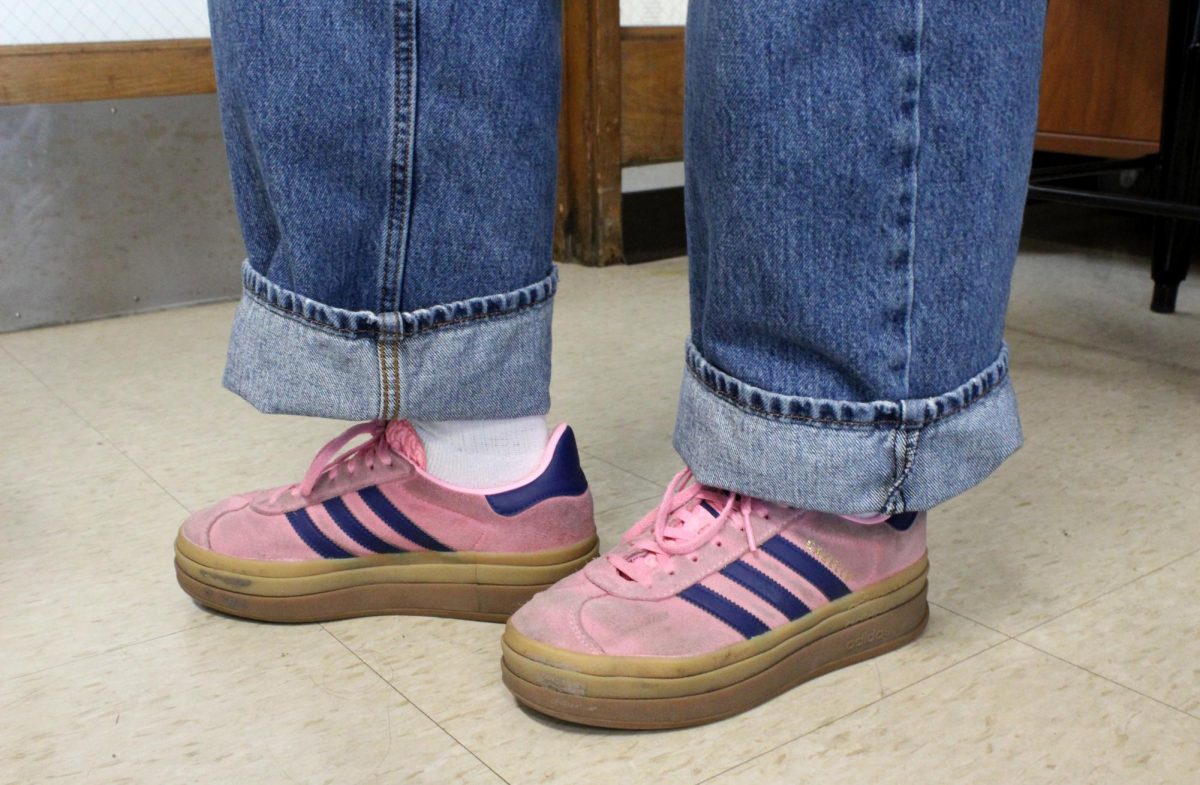Note: A picture that was included with this story when it was originally posted has been removed.
“I think that all of the people who enjoyed him at Pitchfork were trivializing what he’s singing about. They’re laughing along and treating it as a laughing matter… But not realizing the women who tried to commit suicide after these sexual relationships with him, not realizing Aaliyah’s mother saying her life was never the same, he ruined her life, right? Not realizing all of those victims and the pain that he caused. And, you know, when you don’t see the victims, when you have not seen the videotape, it’s very easy to accept this as a cartoon. But it’s a cartoon that’s been destroying some people’s lives, and I’ve never found that a laughing matter.”
For Jim DeRogatis, famed co-host (with Chicago Tribune’s Greg Kot) of Chicago Public Radio’s Sound Opinions, professor at Columbia College, and long-time pop music critic and reporter for the Chicago Sun-Times, there is a threshold past which an artist’s transgressions are so inherently immoral and/or linked to their art that they can no longer be separated from their creator. In his personal experience, DeRogatis has watched the world downplay and then negate the stories of singer R. Kelly’s reported victims.
“What I’m telling you is here we have a man who is a serial predator of underage women. And I don’t think in the history of pop music, we’ve had crimes of this magnitude from an artist who has sold as many records as he has, whose main subject is, in large part, exactly what the crimes are. It really is sort of singular. And, again, sometimes great art is made by miserable people, just rotten people, alright? But we can separate the art from the artist, I think, 98% of the time. It’s something we should address on a case-by-case basis. And then there are times when I think the mountain of evidence is too much to overcome, and I think that this is one of those times… So, I think that as consumers, 98% of the time, I don’t think we have to think about this in pop culture, what movies we see, what music we listen to, but on occasion, when the mountain of evidence is just undeniable, we should ask ourselves, Is it okay for me to buy this R. Kelly album when he is singing about sex, and what he means is pursuing teenagers?”
The background is important: allegations of predation abound in relation to Kelly. First, there was the Aaliyah scandal, where Kelly’s illegal marriage to the underage girl came to light along with the falsified documents that facilitated the union. Following that was the litany of reports suggesting that R. Kelly was the image of dysfunction his music had come to portray. Suits were filed by girls detailing underage relationships. DeRogatis, who had become aware of and investigated the suits while working at the Sun-Times, was anonymously sent a videotape that would become the focus of Kelly’s well-publicized trial. It was alleged evidence of child pornography that DeRogatis describes as “a 26-minute, 39-second videotape which is nothing short of a stomach-churning, harrowing document of a rape of a fifteen-year-old.”
After his troublesome acquittal (it was full of the complexities that always muddle human relating – DeRogatis discusses the specific circumstances here: https://www.youtube.com/watch?v=QNw3E_CzEVw), Kelly slipped easily and without public outcry into the role that he created for himself and that audiences embrace and condone: “Sexual Super Freak,” DeRogatis notes. “He’s also said he’s the Pied Piper of R&B, right? Well, the Pied Piper myth is about someone who led the children of a village to their deaths, alright?”
“Kelly decided to target, for lack of a better word, the hipster audience,” says DeRogatis. “He performs on stage with Phoenix at Coachella early in the summer. He headlines Bonnaroo, the jam-band festival in Tennessee in the middle of the summer. And he headlines Pitchfork. You know IFC [formerly Independent Film Channel] is championing ‘Trapped in the Closet,’ funding the creation of more chapters of it.”
The same “hipster” audience, responsible for Kelly’s Pitchfork success among others, includes some of those people who take pleasure in the irony of his crime in relation to his music. These fans are accomplices to the acceptance of gruesome novelty as a justification for the appreciation of art. This disgraceful misuse of information is, for DeRogatis, something akin to the purchase of serial killer John Wayne Gacy’s clown portraits in light of his crime: “…while he was awaiting execution, he painted pictures of clowns. And he used to dress up as a clown to lure underage boys. Some people want to have that on their wall. I choose not to know those people. I think they’re sick. And if you’re going to celebrate that … I mean, Adolf Hitler walked around Vienna painting watercolor paintings before he became the dictator who killed six million Jewish people. Do you want to have an Adolf Hitler painting on your wall? I’m sorry, and excuse my language, but f*ck you. I don’t want to know you, and I don’t consider that art. And I don’t think we can talk about that as art, when we know that part of the appeal is the pain this man caused.”
Not every “hipster,” however, is attracted to that novelty. Lena Dunham of the hugely successful Girls-fame, came under fire for her critique of R. Kelly’s predatory behavior and the fight it creates between women. Despite being called a hypocrite for her work with the controversial photographer Terry Richardson, Dunham’s tweet generated discussion, ultimately concluding with her (again, tweeted) assessment that “There’s still a sense that being down with the predatory behavior of guys makes you chill, a girl with a sense of humor, a girl who can hang.” Twitter users engaged in similar discourse surrounding R. Kelly’s promotional “#AskRKelly” for his new album, Black Panties. The publicity attempt backfired, producing questions about Kelly’s behavior warranted by the toxicity of allegations surrounding the artist.
DeRogatis does find consumers increasingly informed: “I’ve been on this story for fifteen years, and I think in the last week, the explosion of tweets and Facebook posts, the conversation, the blog posts, the media interest, something seems to have shifted. I think people are finally opening their eyes and realizing, or at least asking themselves the question, Can I continue to enjoy this music given what this man has done?”
This unusual momentum, though, has slowed or been lost, the product of cowardice and neglect. Lady Gaga’s decision to re-record (and then re-release) her R. Kelly-collaboration, “Do What U Want,” with Christina Aguilera’s voice in his stead is evidence (at least for Time Entertainment’s Melissa Locker) of an artist trying to distance herself from controversy without taking the necessary stand. She can’t have the song done both ways – offending an informed audience – but she’s trying. Her latest works have been met with little of the enthusiasm and praise she expected, and she blames her “Little Monsters” for abandoning her across an illness and in her greatest time of need. Couldn’t it be said that her collaboration with R. Kelly (and the decision to keep that track available) is reflective of that same convenient-support attitude towards R. Kelly’s alleged victims? Is she not hanging them out to dry? Jim DeRogatis thinks so.
Outspoken on the division of art and artist/artist-actions, DeRogatis has also had the discussion with Libertyville’s own Mary Morello, who, in fighting Tipper Gore’s Parents Music Resource Center, became “a free-speech absolutist.” Talking with Morello about other artists whose lyrics were questionable, DeRogatis says that he was accused of a support of censorship when that came to the table: “Oh, no, no, no, I’m not saying censorship. This a**hole has every right to say this crap, and I’m going to beat him to death with every power at my disposal – the pen, okay? A metaphoric Lear. I’m going to call bullsh*t on it, and I’m going to fight it. And I think every one of us, as a consumer of popular culture, has that responsibility.”
When asked who else had responsibility, DeRogatis replied, “I think the media is to blame. I think the record companies are to blame. I think the artists who collaborated with him – from Celine Dion to f*cking Lady Gaga – are to blame. I think anybody who doesn’t call a rapist a rapist is to blame. I mean, if there was a girl, a kid in your school, who’d been victimized by a boy in your school, it’s not going to be overlooked. And why is it overlooked in pop culture?”
He sees his own role as getting the “question out there” and breaking down media barriers that altered perception of the scandal, when “so many reviews say ‘R. Kelly’s rumors of troubles in the past.’ Well, what does that mean? Let me introduce you to the girls. Girl after girl after girl. Now I’ll tell you what it means.”
Things often go unsaid when dealing with such sensitive and controversial subjects, but when “…the artist is talking about it, and Kelly is certainly talking about his vision of sex, then I think you as a critic, anybody reviewing this art, or even just as a consumer of this art – a listener or a fan, you’re remiss if you’re not thinking through what he’s talking about,” says DeRogatis
“I think you have to read the evidence of what is out there, and think for yourself. I think you have to be an informed consumer of pop culture… But if you’re going to take this art seriously, you should know about the artist, and you should care about the artist, and you should listen to the art. And if you’re listening to Kelly, even if you don’t know this stuff, and you’re struck by some of the things he’s saying about women on this new album, then you should inform yourself. And when you inform yourself, you’re going to find an incredible mountain of evidence that is incredibly disturbing, and then you should question, Can I still listen to this art?”
In summing up the issue in his earlier (and now famous) interview with Jessica Hopper of The Village Voice, DeRogatis made clear that “each and every one of us, as individual listeners and consumers of culture, has to come up with our own answer.” That doesn’t mean, however, that there shouldn’t be a consensus. To try to maintain a sense of innocence in supporting an artist strictly for the art, one must admit that they gave no thought to what they consume. Always the proponent of free thought, speech and action, Jim DeRogatis makes clear, “I’m a rock critic, I’m firmly in favor of sex, drugs and rock ‘n’ roll, okay? Do what thou will is the whole of the law, so long as ye shall harm none, and yet I’ve sat with these young women, some of them who slit their wrists after a sexual relationship with Kelly, whose lives were ruined after a sexual relationship with Kelly, I’ve had the mothers cry on my shoulder, I’ve had these girls cry on my shoulder. These are victims.”
A member of a punk band himself, DeRogatis only asks that people consider the whole story before blindly supporting any artist (and that in examining and accepting an artist despite deviance, the relationship between crime and art is remembered). His sound opinion is one that should go without saying, but in the case of today’s media-inured culture, someone like Jim DeRogatis is compelled to stand up and say it.




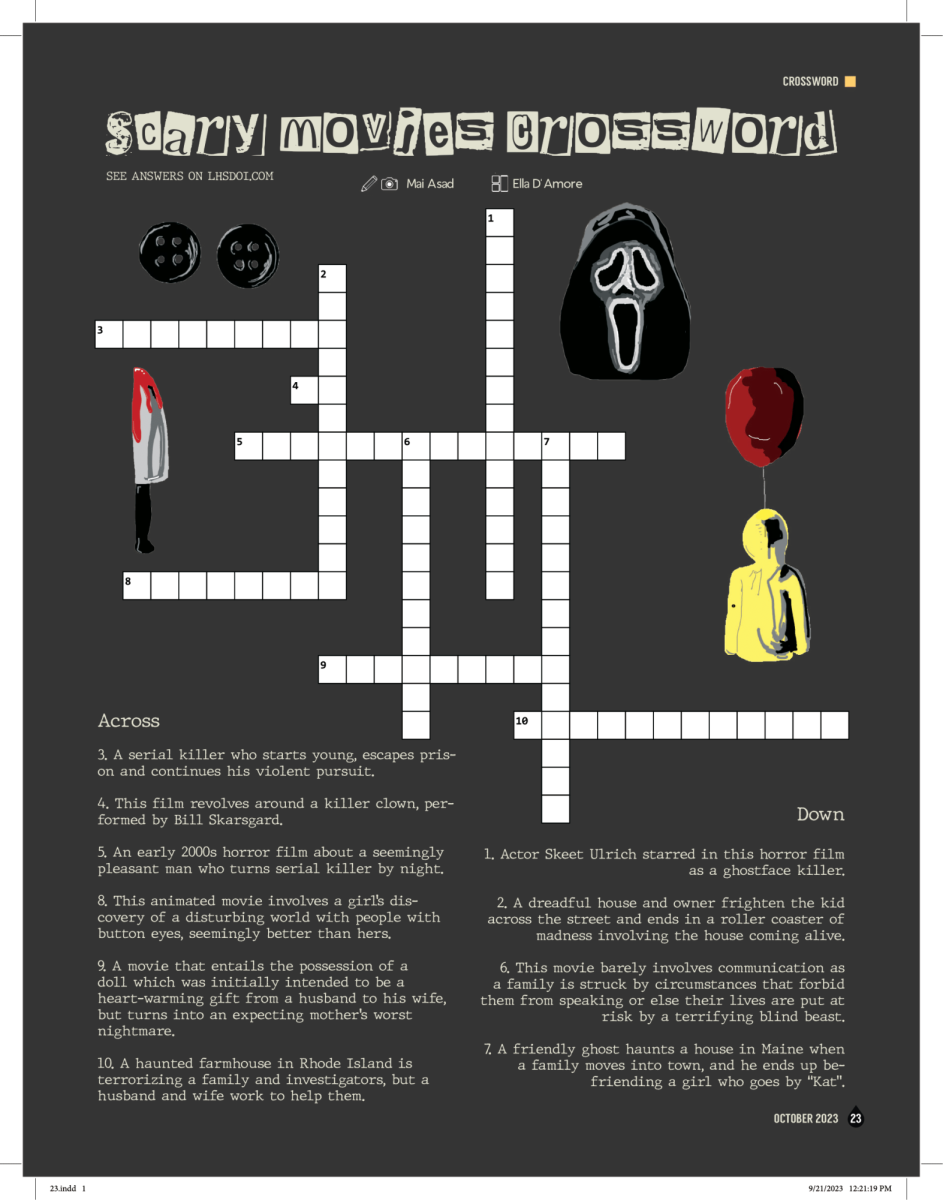
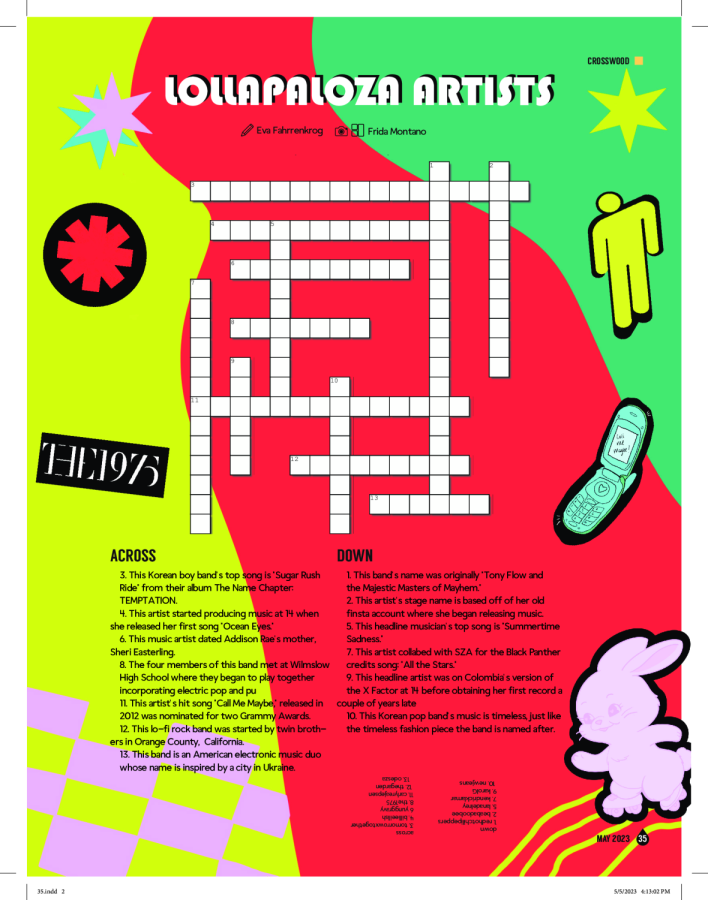
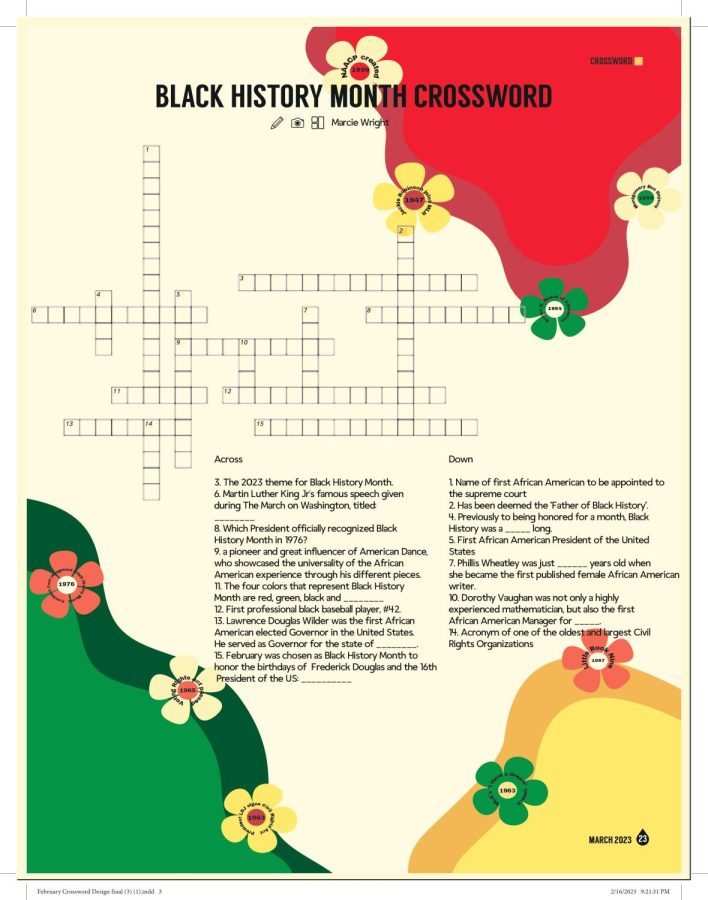
![Mr. Abullh Ali, manager/assistant, helps open Queen Yemeni Coffee in downtown Libertyville at 606 North Milwaukee Ave. With the help of employees such as manager and LHS senior Yousef Taha, they are able to bring the Yemeni and Ethiopian culture to Libertyville by using their Queen spices, cinnamon and cardamom in their drinks such as Adani Chai, which is inspired by Sheda, the Queen of Yemen and Ethiopia. “The history of our coffee [is] a long history and we believe that Yemen and Ethiopia started the coffee and we are bringing something unique to the community,” Mr. Ali said.](https://www.lhsdoi.com/wp-content/uploads/2025/04/Photo-1-1200x800.jpg)

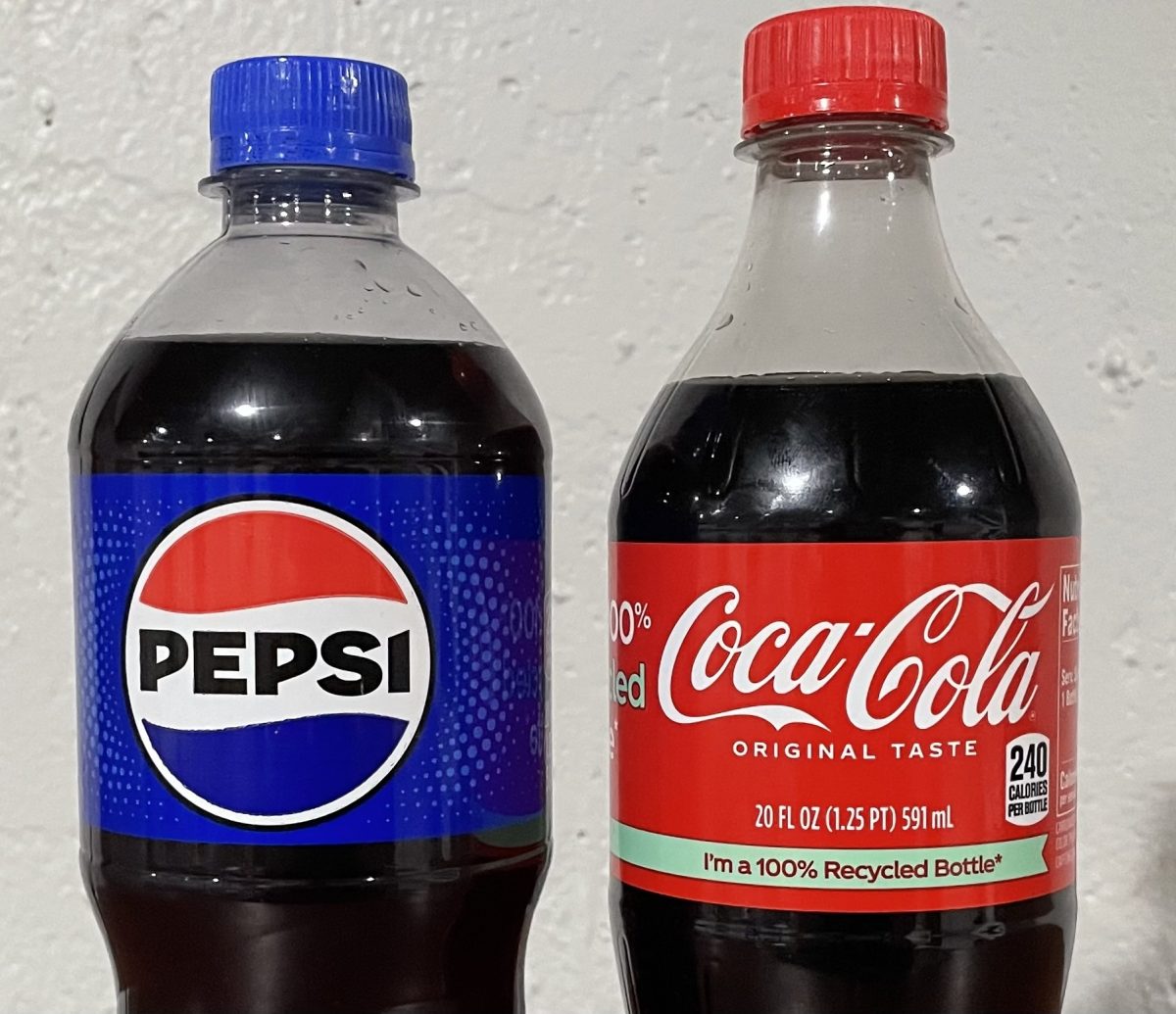

![Senior River Thompson joins the Jazz Ensemble by singing “That Old Black Magic” by Mercer and Arlen Arr. Mark Taylor, along with senior Annie Brody on guitar and junior Thomas Teixeira on bass, earning big applause. “[The concert had] great energy because it's the last [jazz concert] of the year,” Brody said.](https://www.lhsdoi.com/wp-content/uploads/2025/04/Eight-That-Old-Black-Magic-1200x800.jpg)

